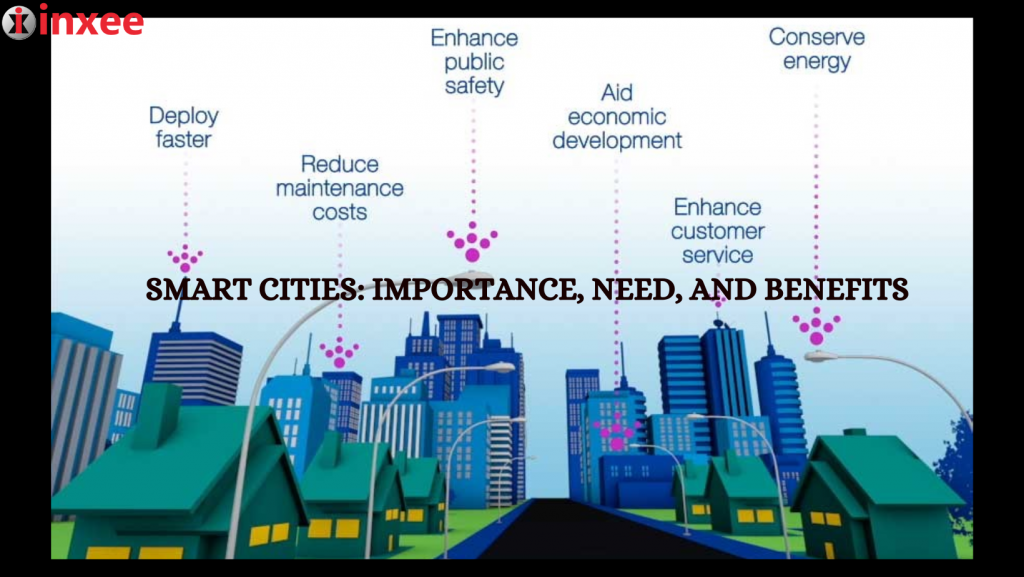April 12, 2023
embedded systems, Fifth Industrial Revolution, Home Automation, Industry 5.0, Internet of Things, IoT, IoT Devices, Smart City, Smart Home, Software, Technology, Wearables, Wireless
No comments
Smart Cities: Importance, Need & Benefits
There is a growing need for smart cities due to the rapid urbanization and population growth that is putting a strain on the existing infrastructure and resources of cities. The United Nations estimates that by 2050, 68% of the world’s population will be living in cities. This poses challenges such as congestion, pollution, energy consumption, and the efficient delivery of public services like healthcare, education, and transportation.
Smart cities aim to address these challenges by leveraging technologies such as the Internet of Things (IoT), artificial intelligence (AI), big data analytics, and automation to create more efficient, sustainable, and livable cities. These technologies can improve traffic management, reduce energy consumption, optimize waste management, enhance public safety, and provide better citizen services. By leveraging these technologies, smart cities can improve the quality of life of its citizens while also driving economic growth and environmental sustainability.
Smart cities have the potential to bring a range of benefits, including:
Enhanced Quality of Life: Smart cities are designed to provide a better quality of life for residents by improving the delivery of services and creating a more efficient, sustainable, and comfortable urban environment.
Improved Efficiency: Smart cities leverage technology and data to optimize resource utilization and streamline processes, resulting in cost savings and increased efficiency.
Sustainable Development: Smart cities prioritize sustainability by promoting clean energy, reducing waste, and improving transportation networks to minimize environmental impact.
Economic Growth: Smart cities attract investment and create opportunities for innovation, entrepreneurship, and job creation, driving economic growth and development.
Enhanced Safety and Security: Smart cities use technology and data to enhance public safety and security, providing citizens with greater peace of mind.
Improved Accessibility: Smart cities prioritize accessibility, providing greater access to services and resources for all citizens, regardless of their socioeconomic status or physical abilities.
Overall, smart cities are seen as a way to create more livable, efficient, and sustainable urban environments, and to address some of the most pressing challenges facing cities today, including climate change, resource scarcity, and economic inequality.










Leave a Reply